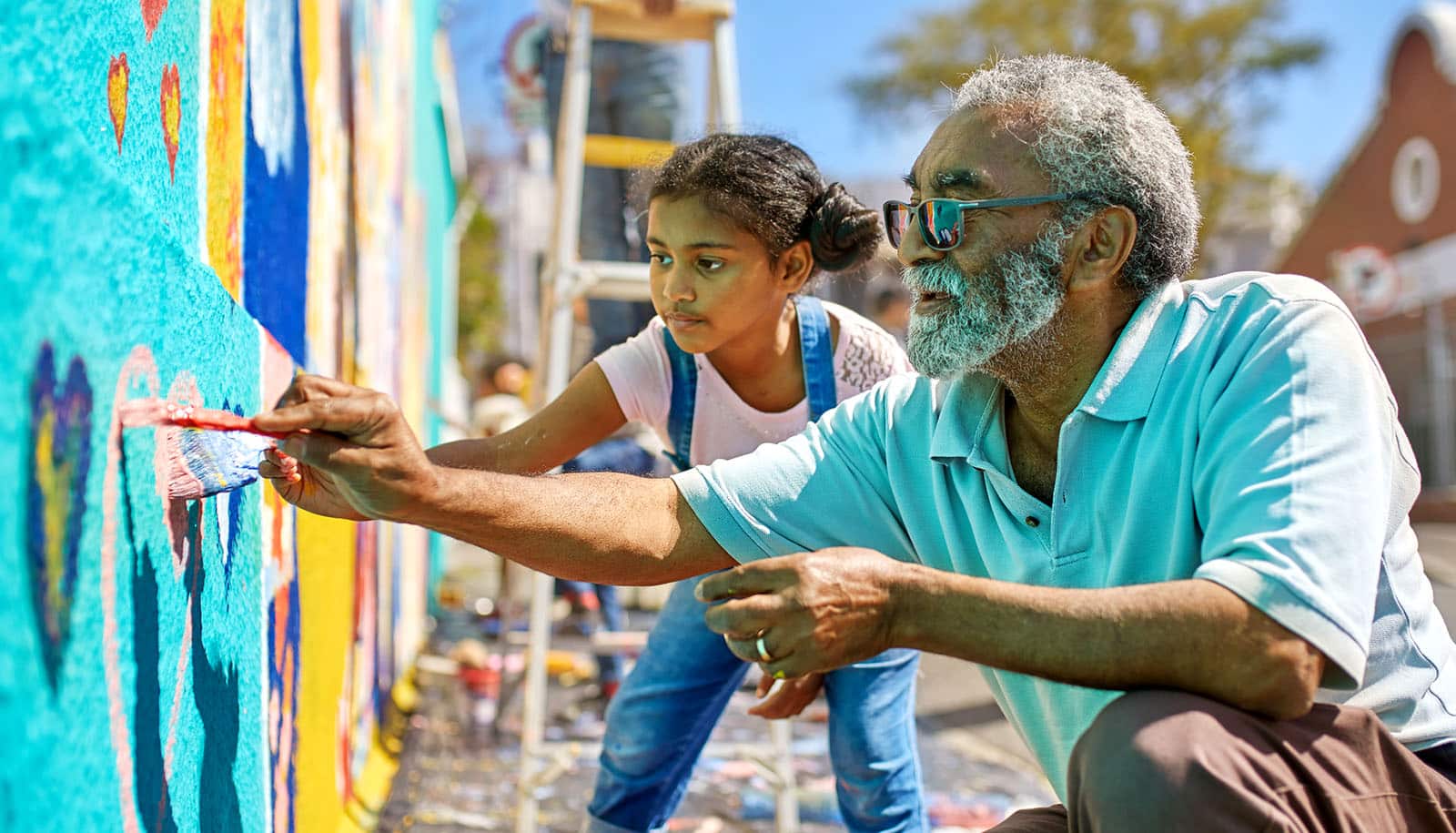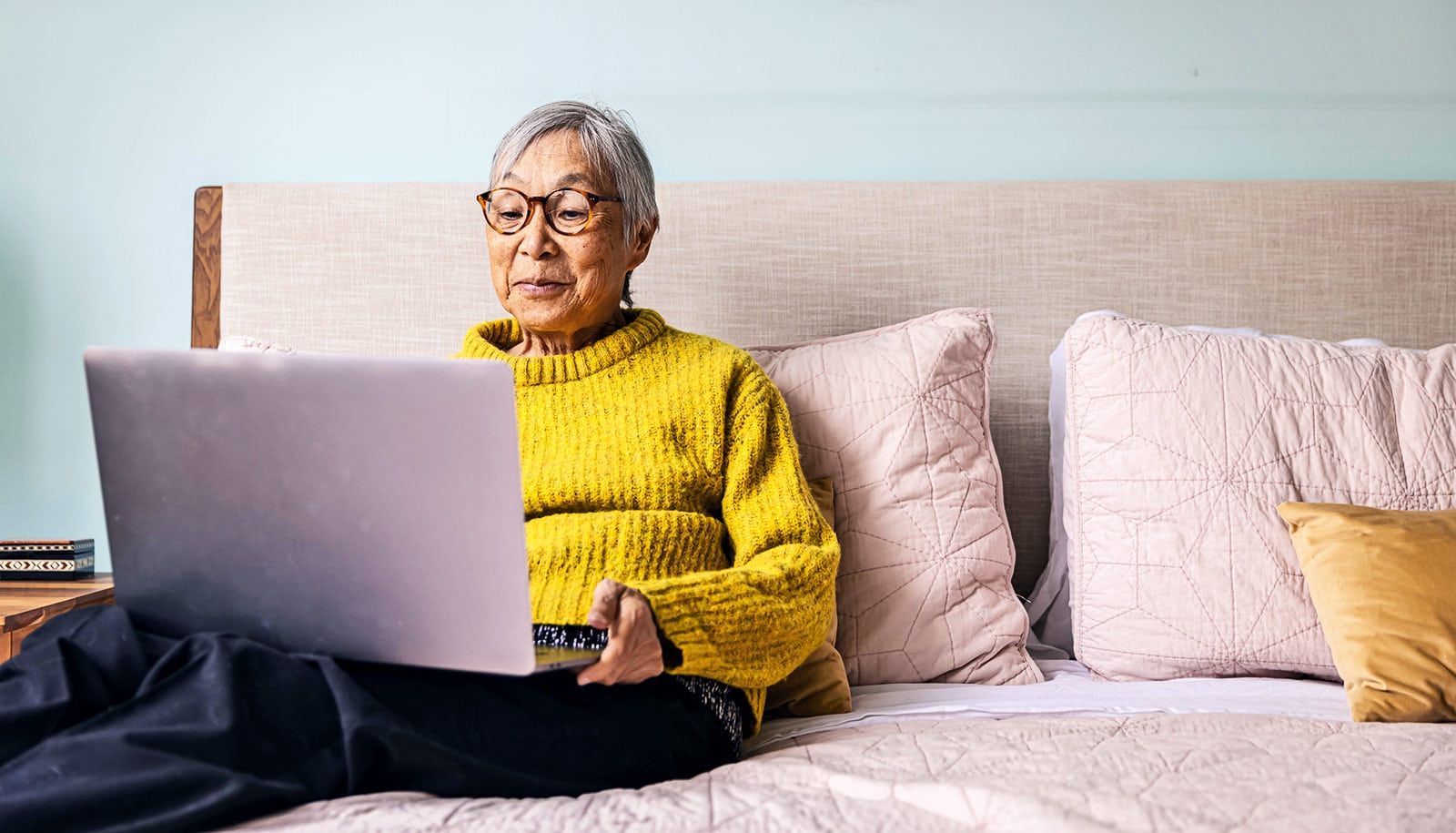Volunteering more than 100 hours per year is particularly good at alleviating the loneliness of older adults, research finds.
Loneliness among older adults is a major public health problem. Numerous research studies have consistently documented the adverse effects of loneliness on mortality, physical and mental health, cognitive functions, and health behaviors.
The study in the Journal of Gerontological Social Work examines the connection between volunteering and the occurrence of loneliness among older adults. What made this study different from other published works were the number of years after follow-up and consideration of any differences based on gender.
Researchers used data from the Health and Retirement Study (2006-2018), and the sample included 5,000 individuals aged 60 and over who did not experience loneliness in 2006. Participants reported how often they were in formal volunteer work—or efforts done under the management of an organization: none; less than 100 hours per year; or more than 100 hours per year. They were also asked about the frequency of feeling lonely.
At the 12-year follow-up, individuals who reported more than 100 hours per year were associated with a lower risk of loneliness compared to non-volunteers. This protective effect was not observed for those who volunteered less than 100 hours per year, the study indicated.
The benefits of volunteering in mitigating loneliness did not differ by gender, says Joonyoung Cho, the study’s lead author and doctoral student of psychology and social work at the University of Michigan.
Cho, along with coauthor Xiaoling Xiang, assistant professor of social work, says more volunteering programs—such as Experience Corps and Foster Grandparents—can be offered to older adults to reduce loneliness in later life.
Source: University of Michigan


